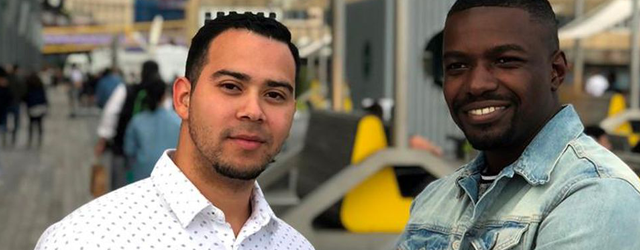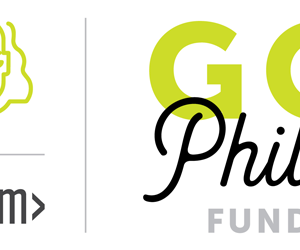Program Targets One Missing Link For Founders From Diverse Backgrounds: Friends And Family Money
 Many startups fund their earliest days with money from friends and family, as well as angels. But what if your friends and family are not wealthy—and, in fact, are more on the struggling side of the equation?
Many startups fund their earliest days with money from friends and family, as well as angels. But what if your friends and family are not wealthy—and, in fact, are more on the struggling side of the equation?
This, in fact, is one critically important missing link in access to capital faced by many founders from diverse backgrounds. (Another one that receives more attention, of course, is funding from venture capital).
With that in mind, social enterprise accelerator Village Capital created an initiative called VC Pathways to help such early-stage African American, Latinx and female founders get on a solid path to raising money. First launched last year as a pilot in Washington, D.C., in conjunction with The Rockefeller Foundation, it more recently ran in Philadelphia, Chicago and Atlanta, with partner UBS. Each cohort included 10 startups. Village Pathways also recently came out with a report about the experience.
“Something important was missing from the ecosystem and we wanted to see how we could help,” says Director of US Ventures at Village Capital Ebony Pope.
How does it work? The program is aimed at founders at too early a stage for the usual three- month Village Capital program, but who have a prototype and, perhaps, a pilot underway. There’s a one-to-two-day training during which entrepreneurs receive the most important parts of the usual Village Capital training. But the focus is on setting milestones for important points in the process, from friends and family fundraising up to an IPO.
Specifically, entrepreneurs receive several milestones to reach over three months. To help achieve those goals, they’re paired with an angel or local investor, with whom they met regularly. Examples of milestones: “I will sell 100 units at my current price point to prove initial marketplace interest and survey 25% of my customers to learn what is working/not working with the current product.” Or, “I will hire a VP of sales.”
Each program works with a different organization that acts as a supporting partner. For example, in Philadelphia, the partner is Ben Franklin Technology Partners, a public-private partnership that invests in early-stage companies. In Chicago, it’s ImBlackInTech, which works with black & Latinx founders of emerging tech startups and technology professionals.
Read the full article here.




